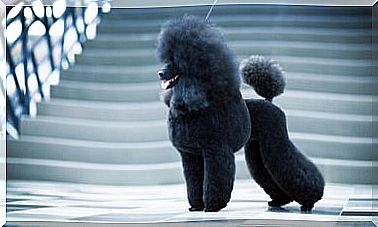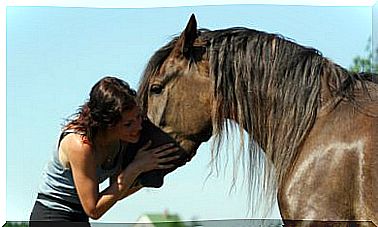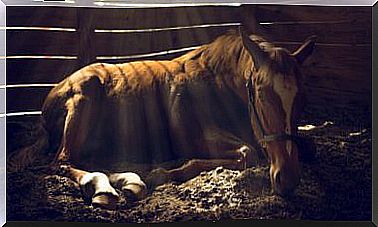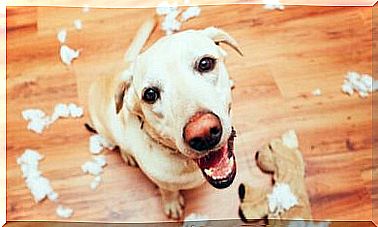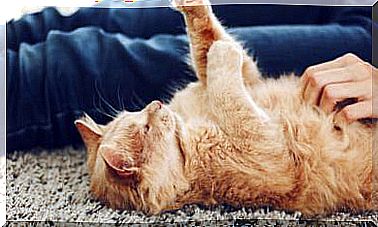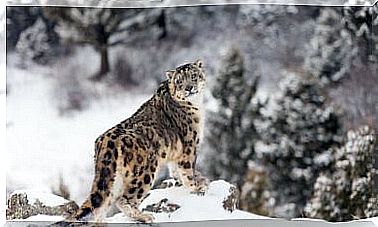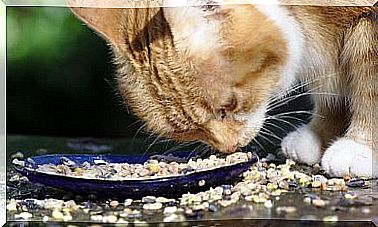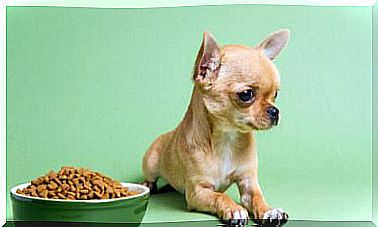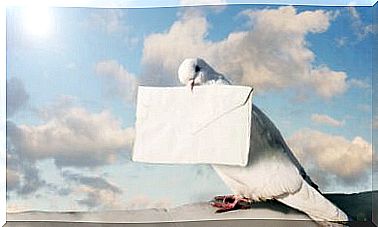What Are The Causes Of Sudden Death In Dogs?
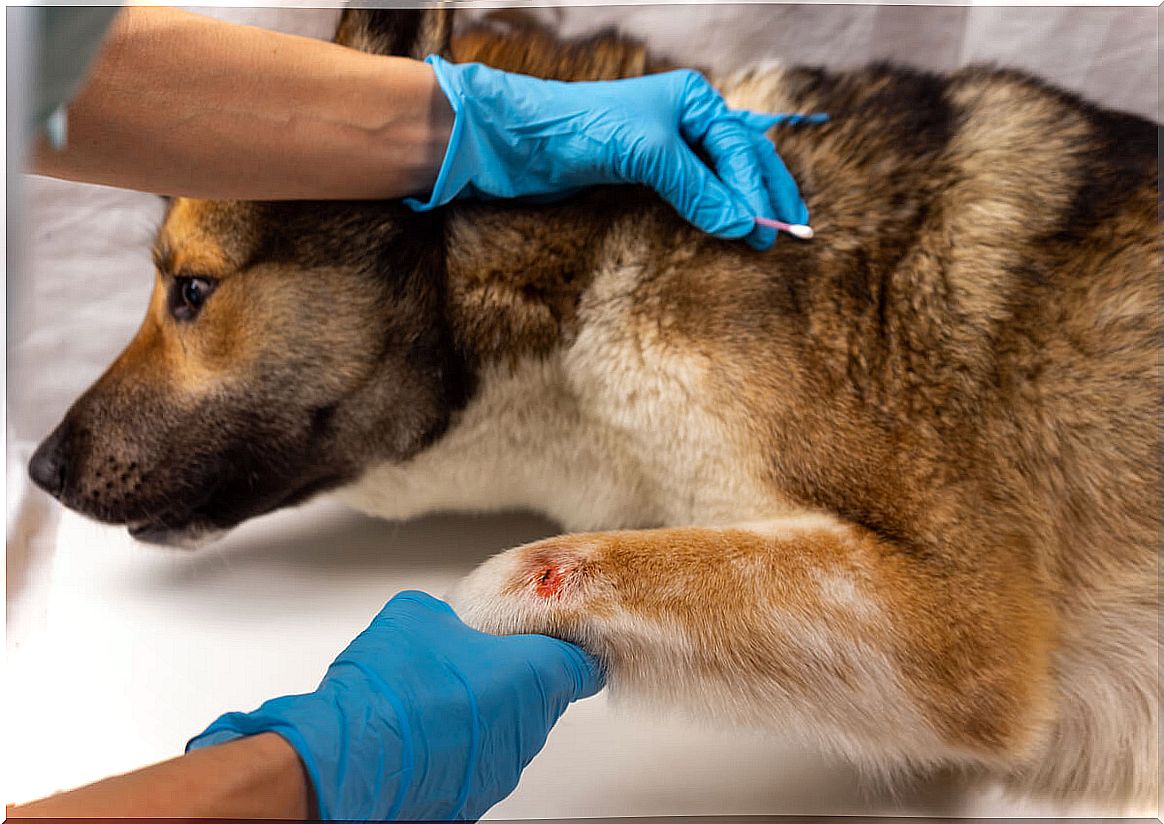
Losing a partner is always a hard blow to assimilate, since dogs are just another member of the family. Of all the possible ways to lose a pet, perhaps sudden death in dogs is the most undesirable, since it does not give away time for goodbyes and only leaves impotence and anger for not having accompanied the loved one in the last moments of his life.
The causes of sudden death in dogs are varied and can occur at any age and in any circumstance. In the following lines we are going to comment on the diseases or pathological and acute processes that can trigger such a terrible end.
Sudden death: the end without farewell
Sudden death, as its name suggests, is one that occurs acutely, violently, in the absence of obvious disease, and in most cases, without the possibility of resuscitation.
There are many diseases that cause the death of the animal. Some do it in a slower and more gradual way, such as a carcinogenic process or degenerative syndromes. Others cause death quickly in a matter of days, such as certain infectious diseases or poisonings.
The most characteristic feature of sudden death is, in the same way as in humans , the instantaneity of the process that ends the life of the animal. We are going to review some of these disorders that cause sudden death in dogs.
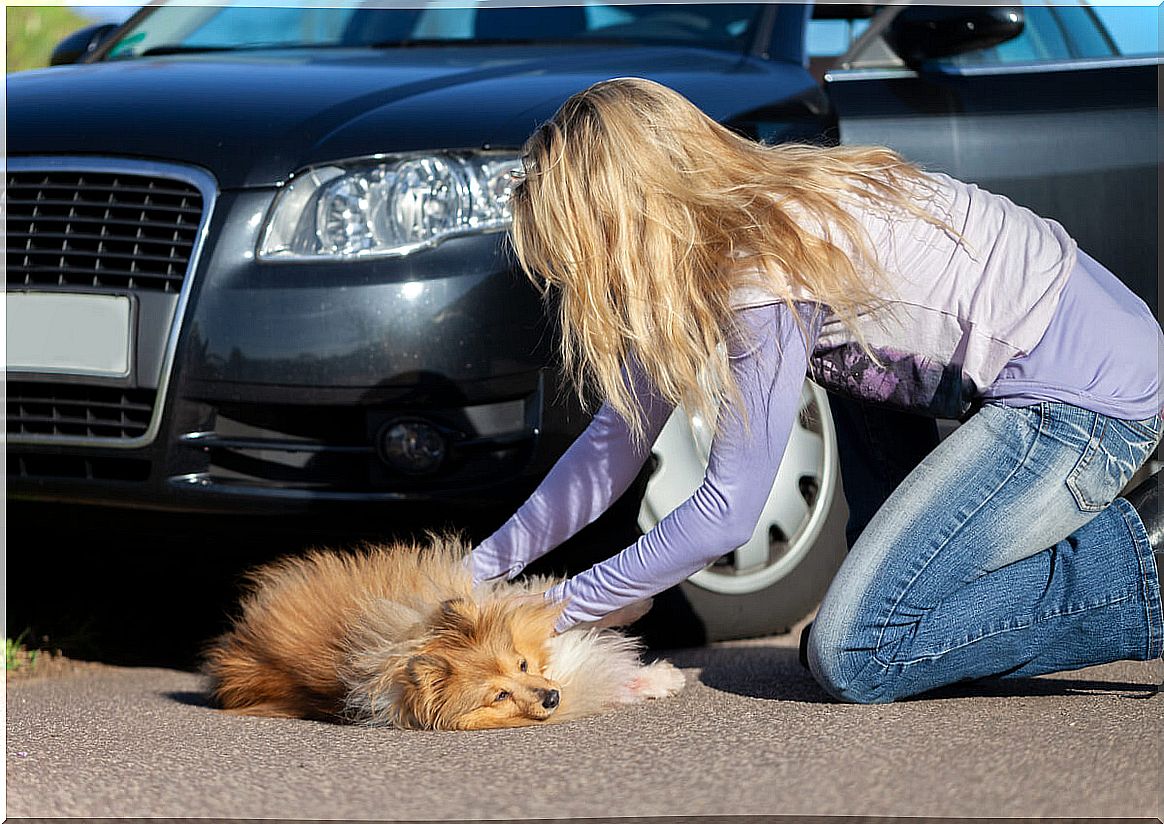
Heart diseases
Cardiovascular disease is undoubtedly one of the leading causes of sudden death among dogs. The heart is an organ whose failure leads to almost certain death, hence its implication in a rapid and tragic end.
To this must be added that cardiac pathologies in many cases do not show obvious symptoms. This means that, on a regular basis, there are situations in which there is a hidden heart disease, which predisposes to heart failure. Among the most frequent causes of sudden death related to the heart, we find:
- Heart valve disease
- Cardiac hypertrophy.
- Degeneration of the myocardium.
- Neoplastic processes.
Unfortunately, many of these sudden deaths are unpredictable, but others can be avoided by diagnosing the underlying heart disease early and instituting appropriate treatment. For this reason, veterinary check-ups, especially in geriatric dogs, are very important.
Accident
Another common cause of sudden death is accident-mediated. Whether they are run over by some type of vehicle, strong blows or falls from a certain height. Every guardian knows that a bad fall or a bad hit can be fatal to humans, and exactly the same thing happens in dogs.
Sometimes these accidents go unnoticed by owners, and when veterinary assistance is required, it is too late. This happens especially in dogs with a semi-free life character, as it can be in the case of dogs that live in towns or rural areas.
Among the organic consequences derived from these accidents and those responsible for causing the death of the animal, we can mention the following:
- Head injuries.
- Massive hemorrhages derived from ruptures of vessels or organs, with consequent heart failure.
Gastric dilation / torsion syndrome
Although this condition cannot be considered in the strictest sense a process that causes sudden death, it is true that on many occasions it is impossible to recover the animal when it has started, since the survival rate is less than 50 %.
Gastric dilation / torsion syndrome is caused by an accumulation of gas in the stomach (called bloating) that causes a torsion in the stomach. This displacement of the gastric portion produces a series of physiological alterations that trigger the death of the animal in a matter of hours.
It occurs most often in large dogs, such as the German Shepherd, Spanish Mastiff, Dogue de Bordeaux, or Great Dane. In most cases, when the animal arrives for the consultation, the chances of survival are very limited.
As measures to prevent this undesirable situation, we recommend:
- Avoid food and drink before and after the walks.
- Place the feeder and drinker in a high place.
- Use “anti-glotton” feeders if necessary.
- Manage quality feed.
- Avoid the ingestion of foreign bodies, bones, stones, sand and other materials.
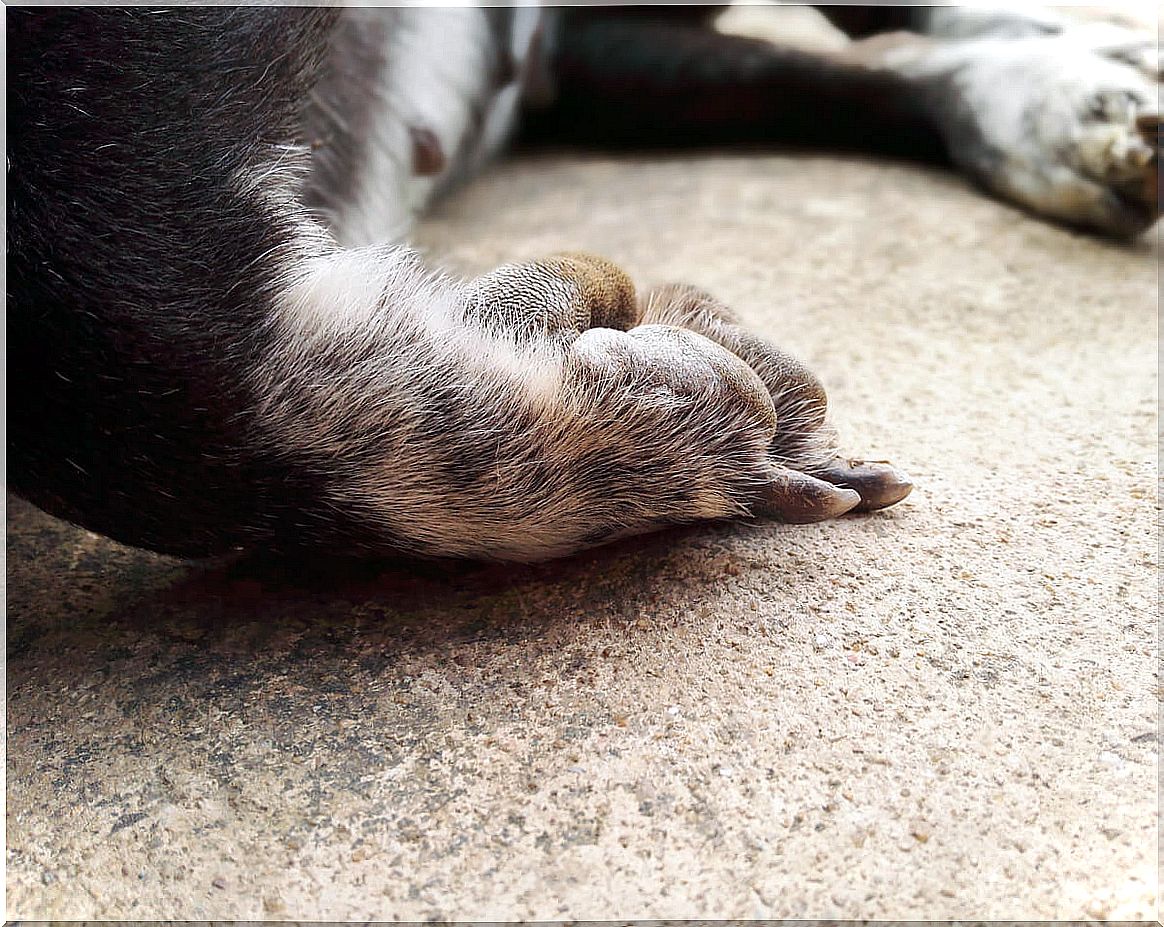
Despite the fact that we have dealt with a rugged topic here, we hope that you have found it interesting and that you can obtain valuable information on how to protect the health of dogs and thus avoid, as far as possible, these types of situations.
